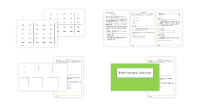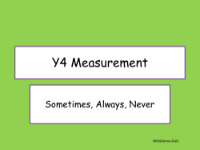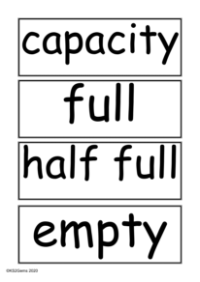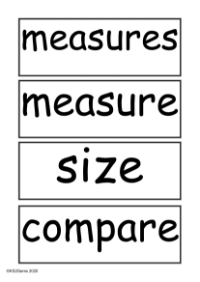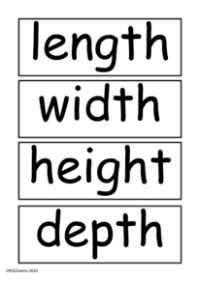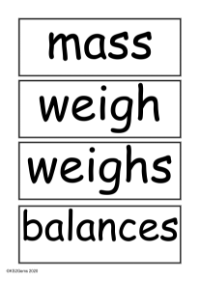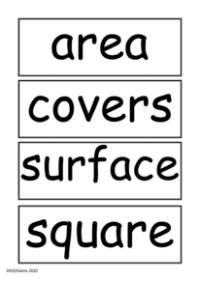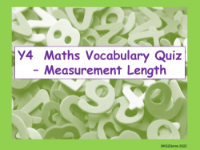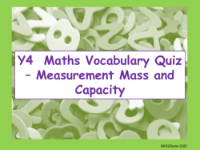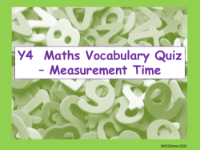Vocabulary - Time
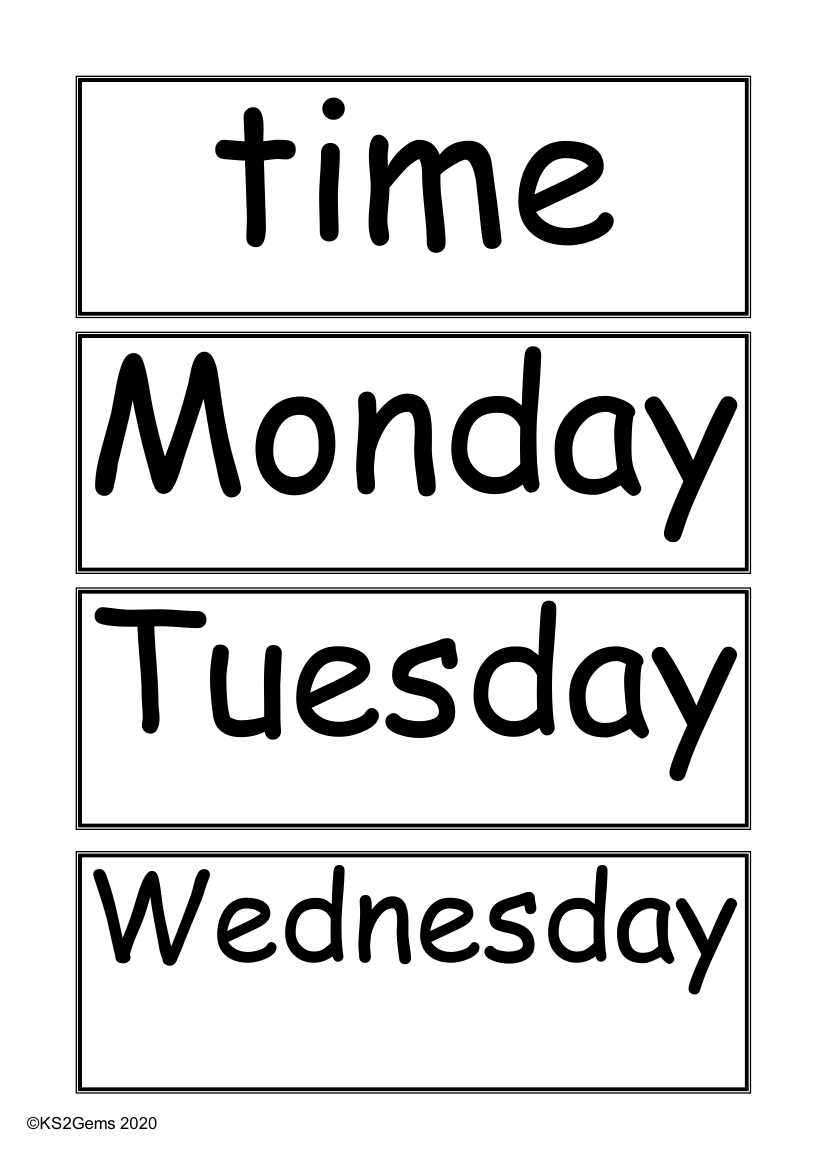
Maths Resource Description
The vocabulary associated with time is a fundamental aspect of daily communication and planning. It encompasses the days of the week, starting with Monday and culminating on Sunday, each marking a different phase of our routine. Additionally, the months of the year, from January through to December, help us organise our life into seasons—Spring, Summer, Autumn, and Winter—each with its distinct characteristics and weather patterns. The concept of time extends to units such as days, weeks, fortnights, and months, all of which structure our schedules and commitments.
Time vocabulary also includes longer spans such as years and centuries, as well as more specific terms like weekends and birthdays, which denote special or recurring events. Holidays and calendars are essential for keeping track of significant dates, while terms like morning, afternoon, evening, and night divide our day into recognizable segments. Furthermore, we use am and pm to differentiate between the first and second halves of the day. Our daily routines are punctuated by times for specific activities, such as bedtime, dinnertime, and playtime. Words like today, yesterday, and tomorrow help us reference points in time relative to the present moment. The vocabulary extends to describe the speed or timing of events, using terms like quick, fast, slow, early, and late, as well as comparative and superlative forms like quicker, quickest, slower, and slowest. Finally, we measure time in precise increments using hours, minutes, and seconds, and we use devices like clocks, watches, and timers to keep track of it, whether in digital or analogue form.

